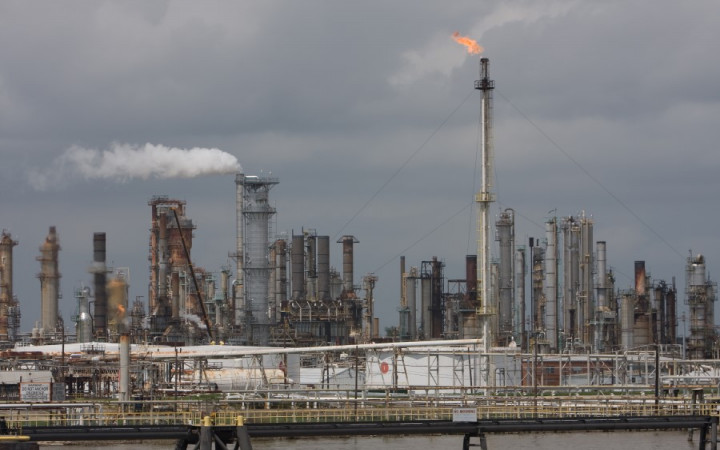Today’s Wonder of the Day was inspired by Division 11. Division 11 Wonders, “What are fossil fuels?” Thanks for WONDERing with us, Division 11!
Can you imagine living without electricity? How much would you enjoy a house without a stove? Do you think you could go back to the days before gasoline-powered automobiles? We take all of these modern conveniences for granted…and they all have something in common.
Most electricity is produced from burning coal. Many stoves run on natural gas. And those automobiles? They run on gasoline made from petroleum (what we call oil). All of these things — coal, natural gas, and oil — are fossil fuels.
So what is a fossil fuel? It sounds like it's something made out of dinosaur bones, right? Well, that's not exactly true, but fossil fuels date back a long, long time…even before the dinosaurs!
Way back when, fossil fuels, including coal, oil, and natural gas, formed during an age known as the Carboniferous Period, which was during the Paleozoic Era. How long ago was that? Try between 286 and 360 million years ago!
At that time, before the dinosaurs came along, Earth was very different than it is today. Humid swamps covered Earth's surface, full of all sorts of strange animals and huge leafy plants and trees. The oceans also contained large amounts of algae, as well as prehistoric fish.
As all these plants and animals died over the years, they decomposed and collected on the bottoms of the swamps and oceans. Layer after layer of dead plant material eventually formed a spongy material called peat.
Over thousands and thousands of years, the layers of peat were covered by various minerals, clays, muds, and sands. These heavy materials slowly formed layers of sedimentary rock. As time passed, additional layers of rock formed.
All that rock pressed down on the layers of peat with unbelievable weight. Over millions and millions of years, the layers of rock squeezed all of the water out of the layers of peat, leaving behind only the carbon-rich material that would eventually turn into coal, oil, or natural gas.
Because it took millions of years to create the fossil fuels we use today, that means that we can't simply make more when they run out. The fossil fuels that are in existence today aren't renewable. When they're gone, they're gone! How long will they last? No one can say for sure. However, many scientists believe that, within the next century, the cost of locating and harvesting the remaining fossil fuels will become too expensive to justify their continued use.
That's why so many scientists dedicate their time today to finding alternative, renewable sources of energy. Their goal is to develop technologies that will allow us to create sources of fuel that won't run out. Such alternative sources could include technologies such as wind power, solar energy, nuclear power, and hydroelectric power.




